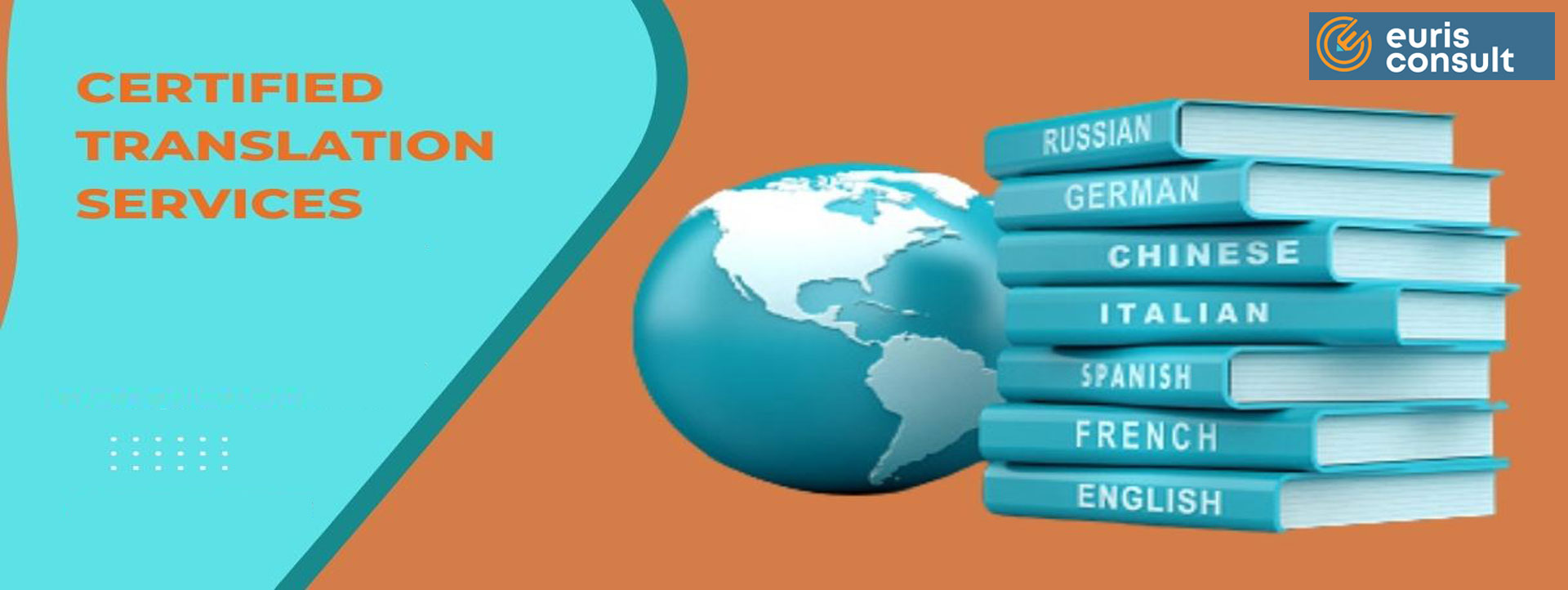Certified Translation in Malta

The importance of localisation
Localisation is so much more than a simple translation. Localisation is the cultural adaptation of a product to target a specific audience. The translator must not only have excellent command over the target language, but must also know very well the subject and its specific terminology, the market and its audience. Localisation goes beyond words. Apart from translating words, it also places focus on date format, units of measurement, monetary symbols, numerical translation etc. A good translator would know that localisation is essential in the translation of almost every document, and especially in those of a literary nature or in the advertising and marketing world.
Almost each project teaches us new words and new cultural trends. Every job comes with its own special list of problems to solve that sometimes might require a more creative approach rather than just opening a dictionary. Proper localisation can avoid cultural issues by cleverly getting around language limitations and direct word-for-word-translations. Thus, it is very important for a language service provider to make its team of translators aware of the cultural dimension when localising content. Some countries or cultures will resonate with one thing while other countries won’t, depending on many factors like history, political affiliations, societal norms etc. Being sensitive to this is crucial in the translation of marketing campaigns.
We can cite the example of a very popular soft drink worldwide who decided to personalise their bottles by adding first names, nicknames and terms of affection. Localisation of their product meant that the chosen names were different according to the country. Locally, a cross-section of the most popular Maltese names was used to select a number of names for the product launch and advertising, and this contributed to the product’s success. Similarly, Irish names such as Aoife and Oisin were chosen to localise an international product in Ireland. On the other hand, in China, where using the person’s first name is considered less appropriate, the company chose endearing terms like ‘my dear friend’ to localise its product and adhere to the message in its campaign. This goes on to show how localisation is intrinsically linked to translations and this is especially true in the translation of marketing material like leaflets and magazine articles, but also online and on social media platforms.
It shows that a good translation services team working closely with the client or within a marketing department can and should strive to weave through cultural boundaries and making sure that the translated product resonates with the target audience. This resonance is achieved through localisation so if you have your brand which you would like to promote, look no further. Here, at Euris Consult, we offer all these services so that you do not have to worry about anything else. Please email us on translations@eurisconsult.com to request a free quote if you require a Certified Translation in Malta.
